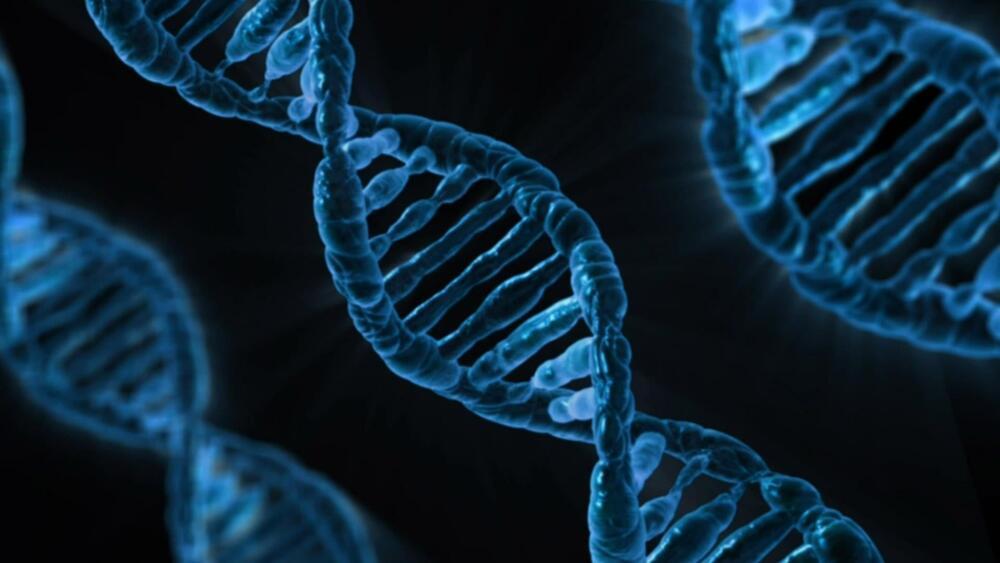In a study of 17 people from five families, Johns Hopkins Medicine researchers say they found that ultra-lengthy DNA endcaps called telomeres fail to provide the longevity presumed for such people. Instead, people with long telomeres tend to develop a range of benign and cancerous tumors, as well as the age-related blood condition clonal hematopoiesis.
Reporting in the May 4 issue of the New England Journal of Medicine, the Johns Hopkins researchers say clonal hematopoiesis is common among this long-telomere group, and the blood condition combined with long telomeres may help mutations stick around longer in blood cells.
“Our findings challenge the idea that long telomeres protect against aging,” says Mary Armanios, M.D., professor of oncology at the Johns Hopkins Kimmel Cancer Center, and professor of genetic medicine, molecular biology and genetics, and pathology at the Johns Hopkins University School of Medicine. “Rather than long telomeres protecting against aging, long telomeres allowed cells with mutations that arise with aging to be more durable.”










Great article, Thanks for writing about that. It’s really helpful for me. Keep it up your writing.
Good afternoon I’m not an expert, Just a neuro divergent who has many passions.
So mind my curiosity;)
Why not consider the
“over growth” as the problem itself.